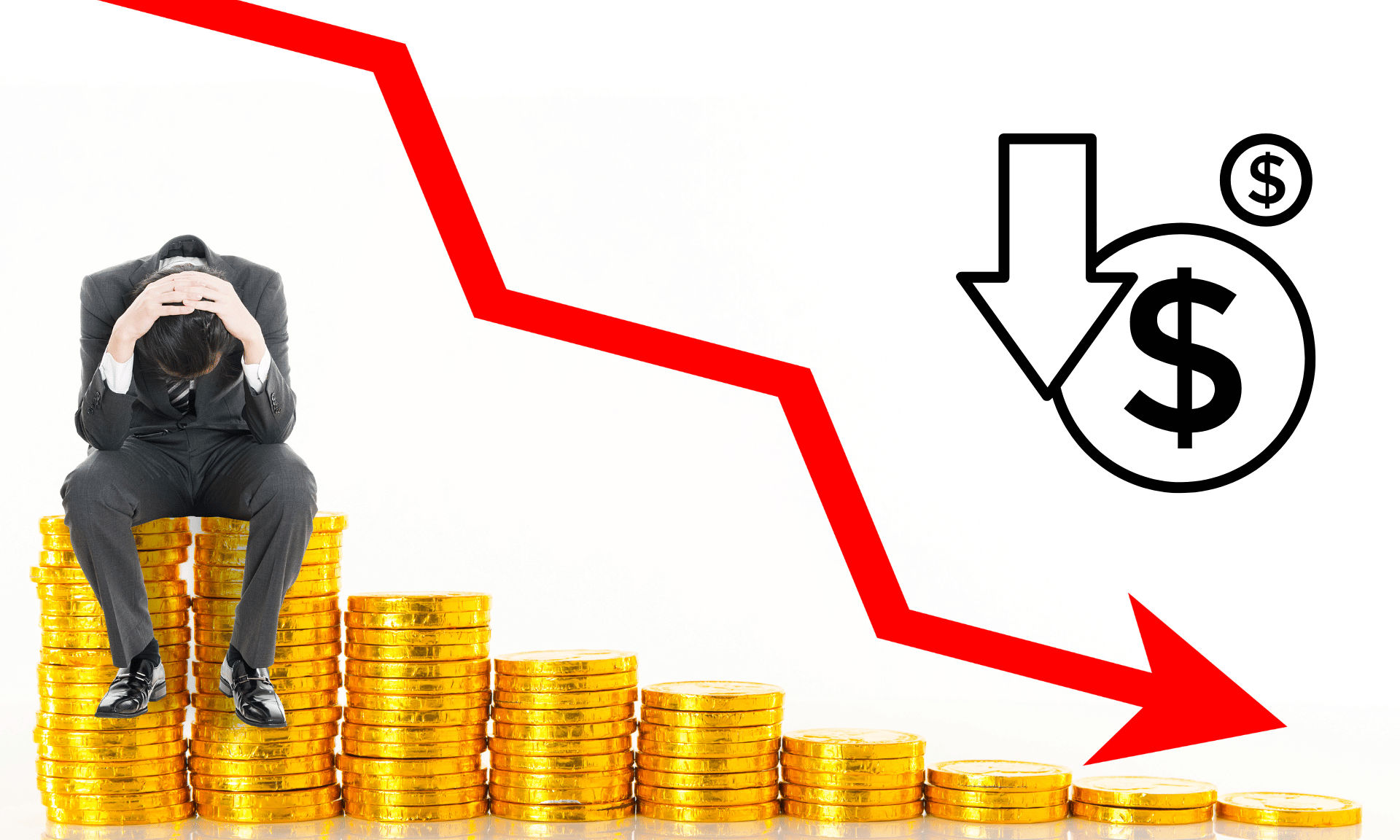Bank overdraft fees can be an unwelcome surprise for many account holders, especially if you’re unaware of how they might affect your financial standing.
One common concern is whether overdrafting on a checking account will be reported to credit rating agencies, negatively impacting your credit score.
What Are Bank Overdraft Fees?
Overdraft fees are charges a bank imposes when you withdraw more money from your account than you have available. For example, assume you write a check for $200 and mail the check to your cable & internet to pay the monthly bill.
When the cable company deposits the check, you only have $150 in your available checking balance. Your bank allows the check to clear, meaning you now have a negative ($50) balance in your account. In addition, the bank charges you a $30 overdraft fee, meaning you now owe the bank $80 to return your account to zero.
Overdraft fees vary between banks, but most are between $15 and $45 per transaction. The overdraft fee is not to be confused with a nonsufficient funds (NSF) fee, which occurs when a bank does not allow a check to clear when funds sufficient funds are unavailable.
Assume the same example above where you write a $200 check with only $150 available funds. If the bank refuses to clear the check, the $150 remains in your account. However, the bank now charges you a $15 NSF fee for the bounced check, which lowers your available balance from $150 to $135. You still owe your cable company $200 because of the bounced check.
Do Overdraft Fees Get Reported to Credit Bureaus?
In short, overdraft events and the related fees are not reported directly to credit rating agencies like Equifax, Experian, or TransUnion. Banks do not send information about overdraft occurrences or fees to these agencies, so an overdraft fee alone won’t lower your credit score.
Banks do not report these events because checking accounts are not a form of credit, such as a credit card, auto loan, or home equity line of credit.
Indirect Ways Overdrafts Can Affect Your Credit Score
While the overdraft event and related fees aren’t reported directly to a credit bureau, the circumstances could impact your credit in the future.
It would help if you were mindful of the following:
Unpaid Negative Checking Balances: If you don’t pay the overdraft amount and related overdraft fees by bringing your account back to a zero or positive balance, your bank will continue to charge fees and may even close your account.
If you fail to bring your account to zero, the bank may even report the unpaid balance to a collection agency. Once the bank reports the debt to a collection agency, it will likely be reported to credit bureaus, which impacts your credit score.
For example, assume you have a negative ($500) balance in your checking account and you neglect to fund the account to bring the balance to zero. The bank decided to close your account and send the balance to a debt recovery agency based in Florida. The agency mails you a demand letter that outlines its role as the debt collector and your rights under The Fair Debt Collection Practices (FDCPA). The FDCPA prohibits debt collectors from using abusive, unfair, or deceptive practices to intimidate debtors and collect debts.
Linked Credit Card Accounts: Some people have overdraft protection linked to a credit card or a line of credit. If you overdraw your account and the protection kicks in, it becomes a loan from your credit card.
For example, assume you have a checking account and credit card with the same bank. You write a check for $200 when your account has only $150 as an available balance. Your bank approves the check, even though you’re $50 short. The bank charges the $50 overdraft amount to your credit card. After the transaction, your bank account balance is zero, and your credit card balance has increased by $50.
Because you are now using your credit card, this increases your credit utilization ratio which is a key factor in calculating your credit score.
Conclusion
In summary, while bank overdraft fees themselves are not directly reported to credit bureaus, the unpaid balances related to overdrafts can indirectly lead to credit score issues.


